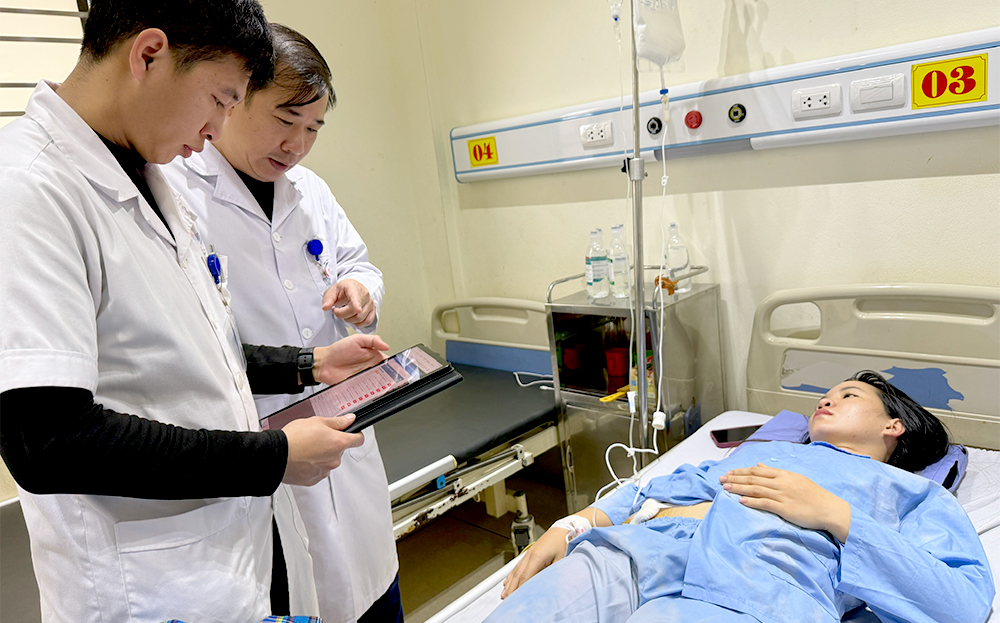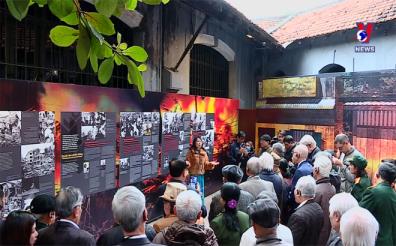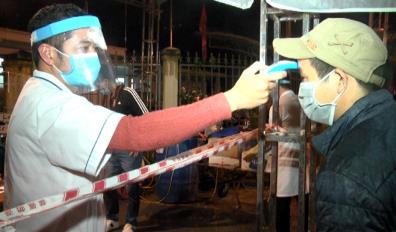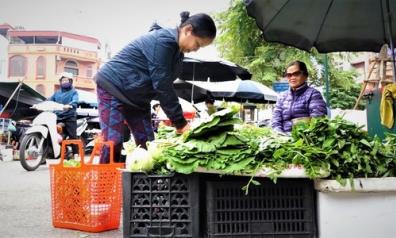Patient Satisfaction with Healthcare Services Exceeds 95%
- Friday, February 28, 2025
In 2024, the healthcare sector in Yen Bai Province recorded over 95% patient satisfaction with medical services.

|
|
These achievements contribute meaningfully to enhancing overall happiness and well-being among the local population.
|
Other news

To ensure the seamless implementation of administrative procedure (TTHC) control, execution, and resolution for citizens and businesses—especially in agencies, units, and localities undergoing mergers or new establishments—the Chairman of the Yen Bai Provincial People's Committee has mandated that relevant authorities promptly develop, issue, or submit for approval the necessary legal documents. These documents should amend, supplement, or repeal existing regulations related to administrative procedures that need adjustment due to new functions, tasks, and powers.

The Olympic Run for Public Health will take place at 8:00 AM on March 23, 2025, at the August 19 Square in Yen Bai City. This event aims to encourage people from all walks of life to engage in physical exercise and sports, in response to the movement “The Entire Population Exercises Following President Ho Chi Minh’s Example” and the campaign “Health for Career and National Defense” among the younger generation. The run contributes to improving public health for studying, working, production, and national construction and defense.

Having a solid house to protect their family from natural disasters, heavy rain, and storms is the dream of every household. For impoverished and near-poor families struggling with housing, this dream is even more urgent. However, due to poverty and the high cost of construction, many have continuously postponed making it a reality.

Yen Bai Province offers loans of up to 100 million VND per person to cover labor export expenses-an exceptional priority policy that enables young people in this mountainous region to overcome poverty and even transform their lives by achieving financial prosperity.





